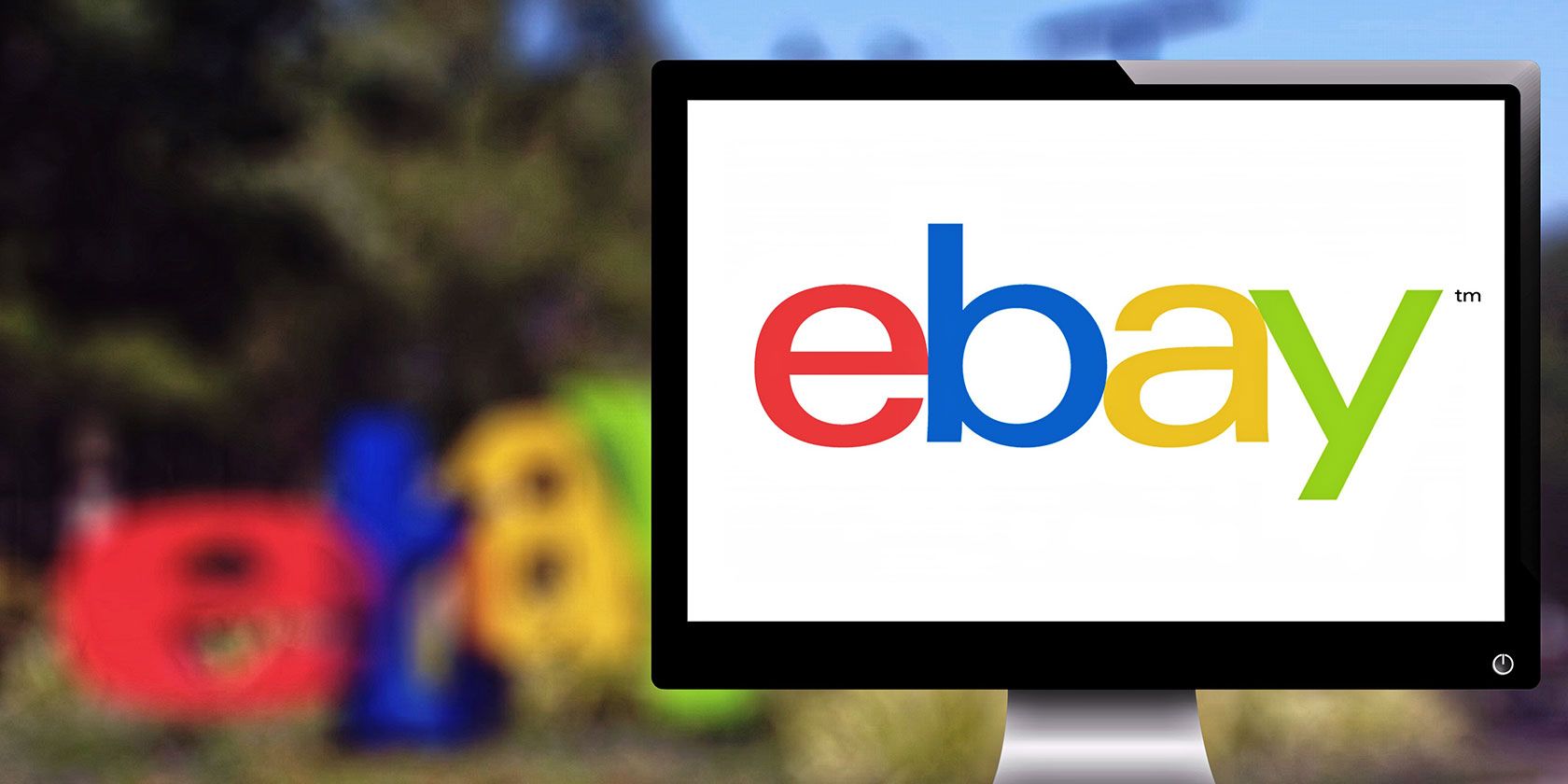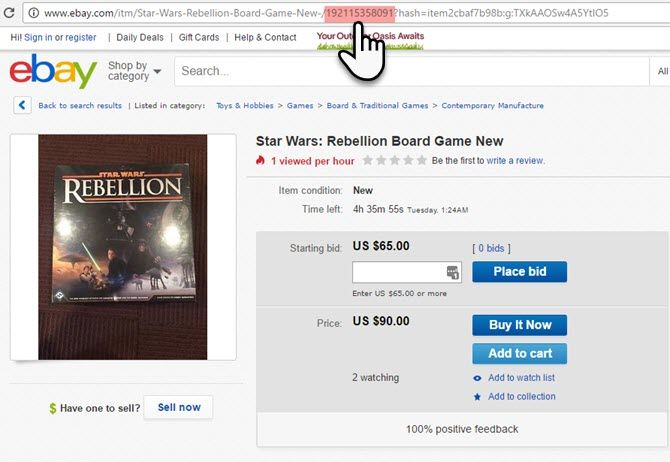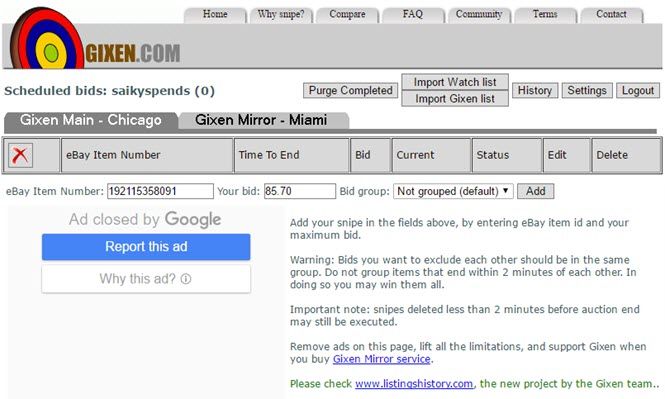How to Start Winning eBay Auctions by Sniping With Automatic Bidding

When it comes to winning auctions on eBay, there are few practices as controversial—or effective—as sniping.
Sniping is simple: You wait until the end of the auction, then swoop in with a low bid that’s just high enough to win before anyone else can raise their maximum bid. Sniping apps usually take care of the bidding, so you don’t even need to be around to win the auction. It’s a viable but irritating strategy.
Why does eBay sniper software work so well? To understand, we have to talk about how eBay bidding works first.
How eBay Bidding Works
When you enter a bid in an eBay auction, you aren’t entering a bid like you would in a regular auction. You’re entering your maximum bid. If you enter your maximum bid as $20, and the current highest maximum bid from any other bidder is $12, eBay might enter a bid for you at $12.50. And you very well may win at $12.50.
Let’s say your maximum bid isn’t the highest bid, though. If someone else bid $21, your bid of $20 would drive their current bid down to $20.50 or so. Then you’d have a chance to outbid them again. This system is known as proxy bidding because the eBay bidder is acting as a proxy for you.
The problem with the eBay autobidder is that you don’t have much control over the timing of your bid. If someone outbids you, your bid goes up. The proxy system ensures that the winner pays the minimum amount required to win. It also helps eBay sellers make money.
That’s where eBay sniping (a different kind of automatic bidding) comes in.
Instead of letting the eBay automatic bidding system bid for you, your eBay auction sniper will place the bid right at the end of the auction, not giving anyone a chance to adjust their maximum bids.
Does Sniping Really Work?
Most of the evidence points to yes. Bidnapper has collected a number of quotes from researchers that support this idea. The research is getting dated, but in general, experts believe that sniping is effective. According to a 2001 Harvard Study:
“Moreover, the data indicates that incremental bidding significantly diminishes with experience (as measured by the bidders’ feedback numbers), while last-minute bidding increases with experience.”
In short, more experienced bidders are sniping. Sniping allows you to conceal information (always a good idea in auctions) and bid without giving anyone else time to react. It’s a win all around.
However, there are some important caveats, especially for eBay beginners.
The Balance notes that eBay’s proxy bidding system and the increasing popularity of fixed-price listings mean you could actually win fewer auctions with sniping. It depends on a lot of factors. Remember that the maximum bid you enter for your snipe can still be beaten, no matter how late your bid is entered. If someone else has a higher maximum bid, your snipe is defeated immediately.
In short, sniping generally works very well, but it won’t always win, and it won’t always result in you paying less. If you really want something that doesn’t show up on eBay very often, sniping probably isn’t the best way to go. But in general, it’s a good strategy.
Why Is eBay Sniping Controversial?
Some people think that sniping goes against the spirit of auction sites. Without sniping, if you want to make sure that you win the auction, you need to either enter a very high bid or rearrange your schedule so you can be there at the end of the auction to make sure you win. Sniping software means you can put in a single bid and then totally forget about the auction.
When a snipe bid wins an auction, whoever was previously in the lead to win can feel like they’ve been cheated. Even if they were willing to enter a higher bid, they didn’t get a chance. It feels like someone has stolen the item out from under you.
Interestingly, eBay doesn’t have a problem with sniping. It’s an allowed and effective practice. In eBay’s own words:
“Bid sniping—including the use of software that places bids for you—is allowed on eBay, but it doesn’t guarantee you’ll win an auction.”
It’s completely legal and allowed. And after you start doing it, you’ll see that it’s a great strategy—eBay’s standard automatic bidding just raises the price of items (which is exactly what eBay wants) and makes people get emotional. When emotion gets in the way of reason, prices go up.
How to Start Sniping Auctions on eBay
eBay sniping couldn’t be easier. There are many websites that help you do it. We’ll take a look at Gixen because it’s totally free.
But there are a lot of other options, including:
Some are paid, and some require software downloads, but Gixen is free and browser-based. Many sniping tools also offer browser extensions that save you a couple of clicks.
Keep in mind that to use any of these services, you’ll need to hand over your eBay login information. It might be a good idea to use an extra email address or an entirely different eBay account if you’re going to be sniping.
Let’s walk through a bidding process using Gixen.
Sign in with your eBay username and password to get started. Then go to eBay and find the item you want and make a note of the item number. You can find the item number in the URL or in the top-right corner of the Description box.

Enter the item number and your maximum bid in Gixen and hit Add. You can also group items so you can place snipe bids on multiple copies of the same item without winning them all. If you win one, the other bids won’t be raised in response to someone else bidding.

That’s all there is to it. The sniper’s automatic bidding software will take care of the rest.
Of course, using paid services gives you more options. But Gixen is a great way to snipe a few times and see if it’s worth investing in.
And it’s worth mentioning that you can always snipe using eBay’s proxy bidding system. Just hang out on an item page until the auction is almost over, and register your bid right before it ends. If you feel like sniping software is cheating, this strategy might appeal to you.
This method can work, but you need to be around when the item is ending.
A Few Things to Remember
Sniping is generally pretty straightforward, but there are a few important things to keep in mind.
Don’t retract your eBay bids. You might be tempted to if you won an item and have placed bids on other copies of it, or if someone drove up the price too quickly. But retracting bids violates eBay’s terms of service except under specific circumstances. So don’t do it.
Be careful about over-bidding. When you get started with sniping, it can be easy to put a ton of items on your list. And if they end close together, you might end up winning more of them than you expect.
Remember that sniping isn’t always going to work. If an item has a huge number of bidders or a single very committed bidder, you’re likely to get outbid by eBay’s automatic bidding system. Sniping is best used on smaller items that aren’t seeing a huge amount of competition. Remember that sniping isn’t a guarantee of anything—it might save you a few bucks here and there, but it’s not likely to get you a $1,000 item for $10.
As long as your expectations are reasonable, sniping can be a great strategy for winning eBay auctions. Just know the limitations, don’t go crazy, and you’ll be fine.
How to Bid on eBay and Win
eBay isn’t always the cheapest shopping site, but using an eBay sniper can help you save some cash. It’s not going to win every auction, and it could actually end up losing you a few, but it remains a viable strategy in many circumstances.
With all of the eBay snipers available online, both as web apps and software downloads, you have plenty of options. Try out a few of the options and start sniping eBay auctions. You’ll get a feel for how effective it is and how to best place your bids to win.
Read the full article: How to Start Winning eBay Auctions by Sniping With Automatic Bidding
from MakeUseOf https://ift.tt/2z1Uc42




No comments